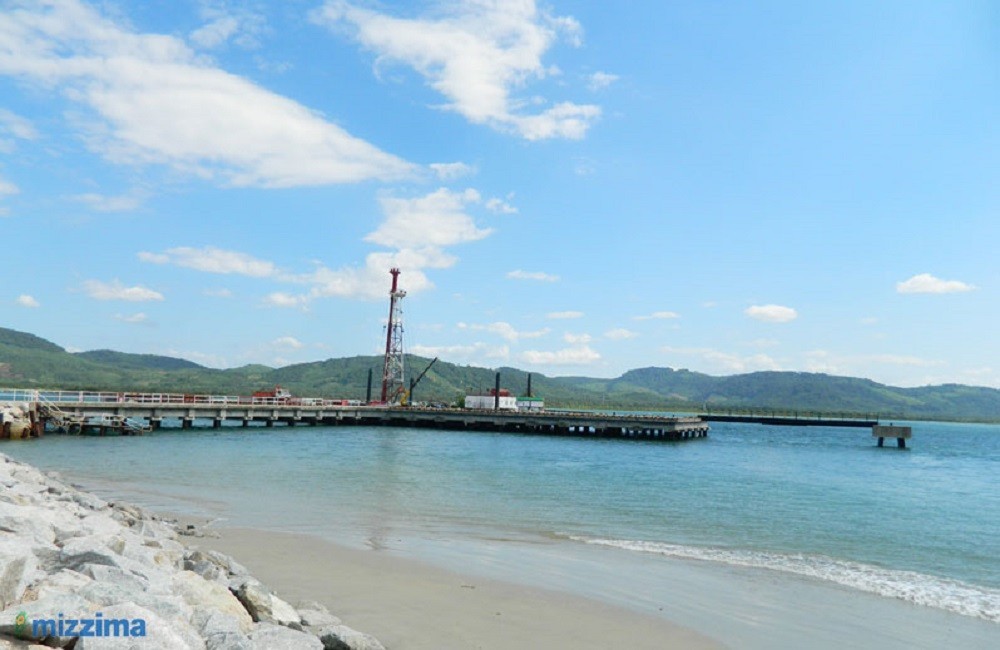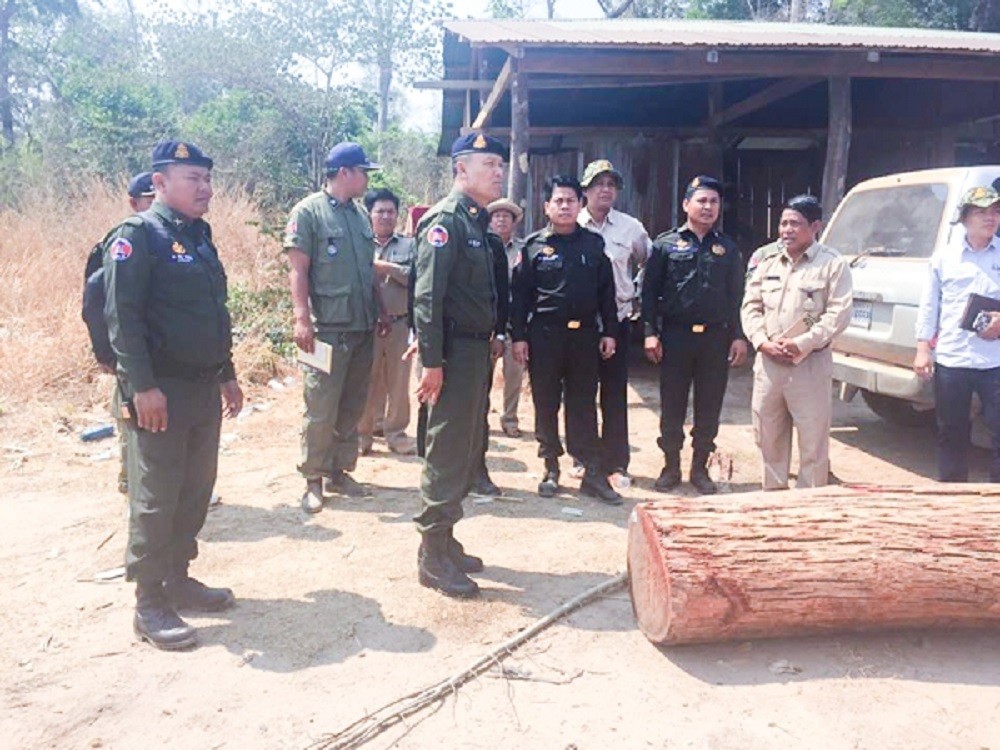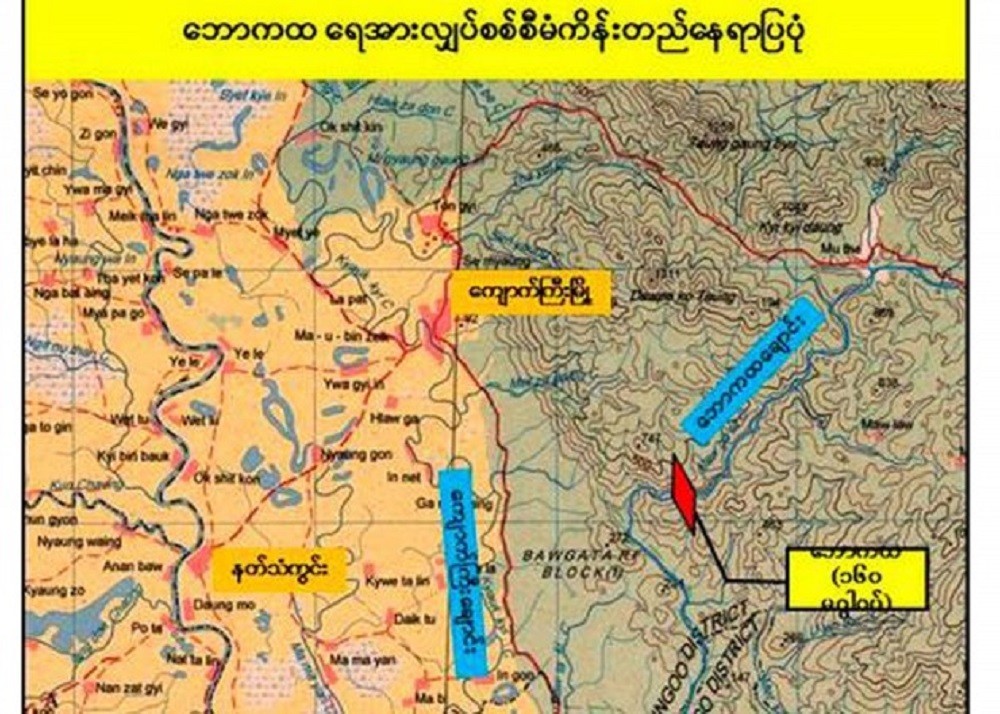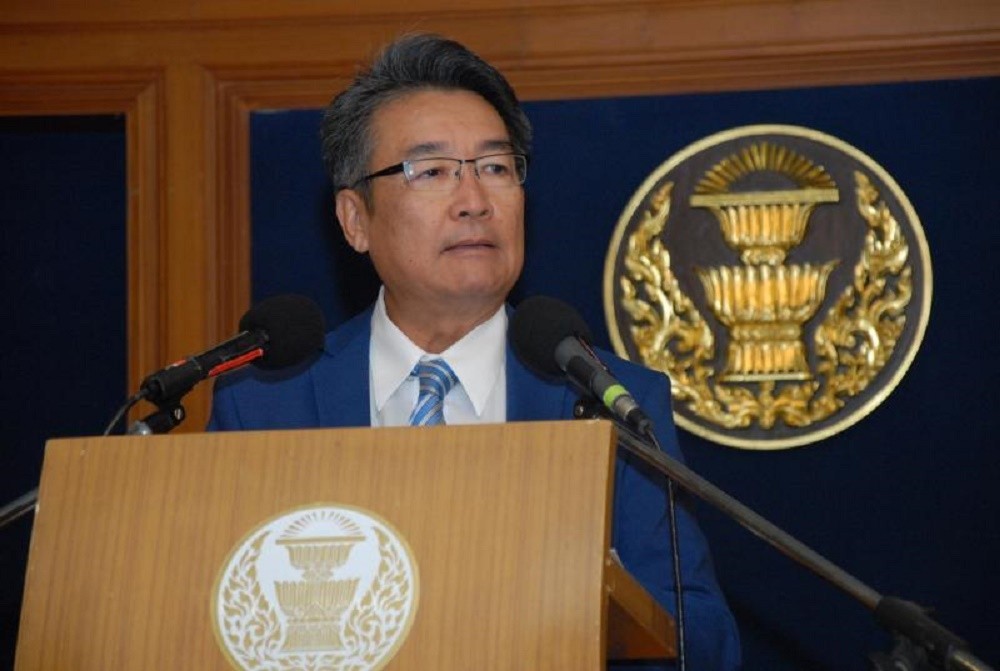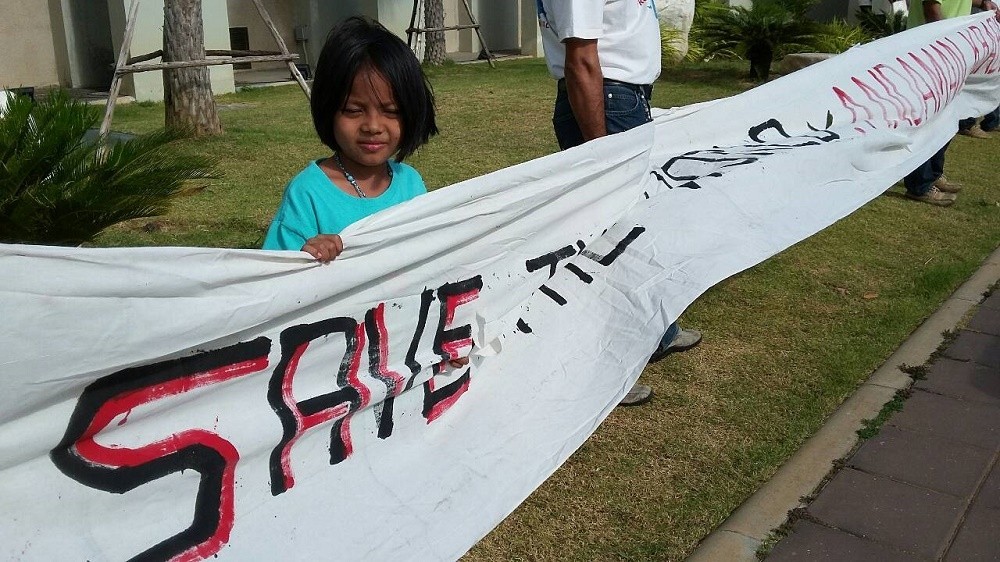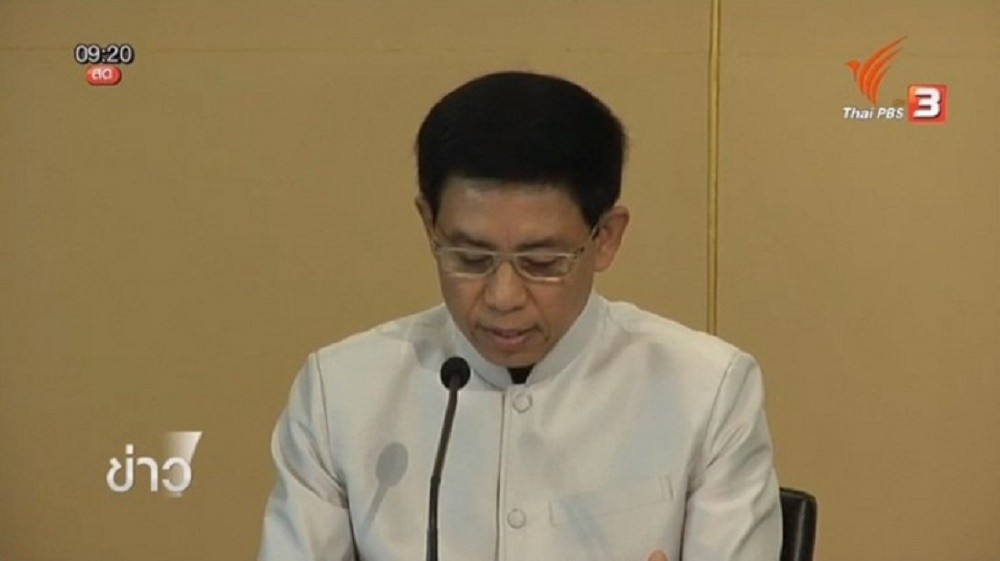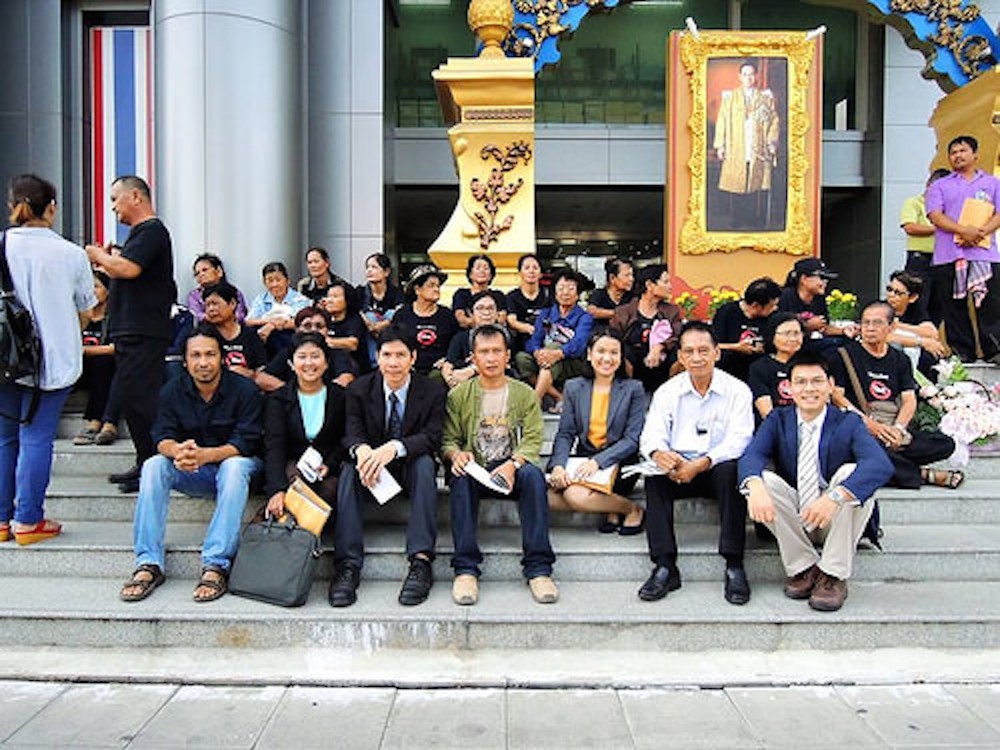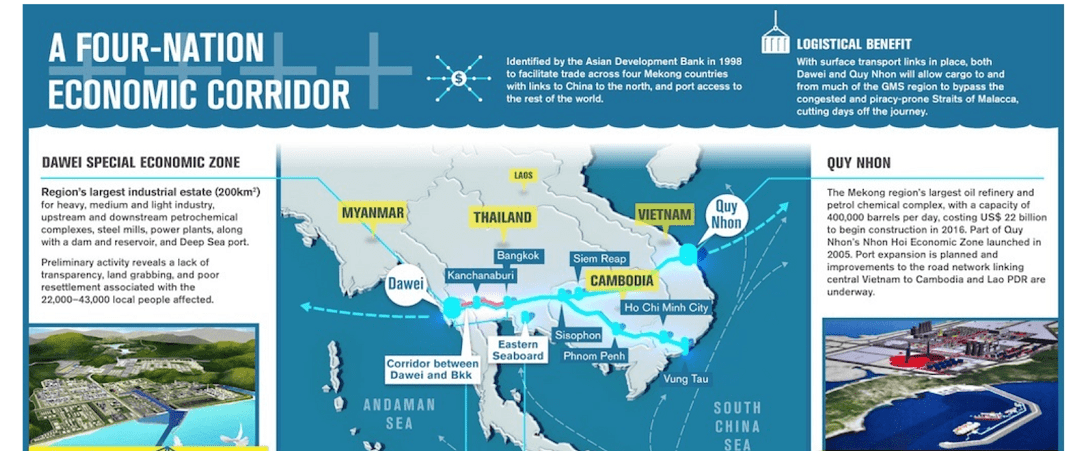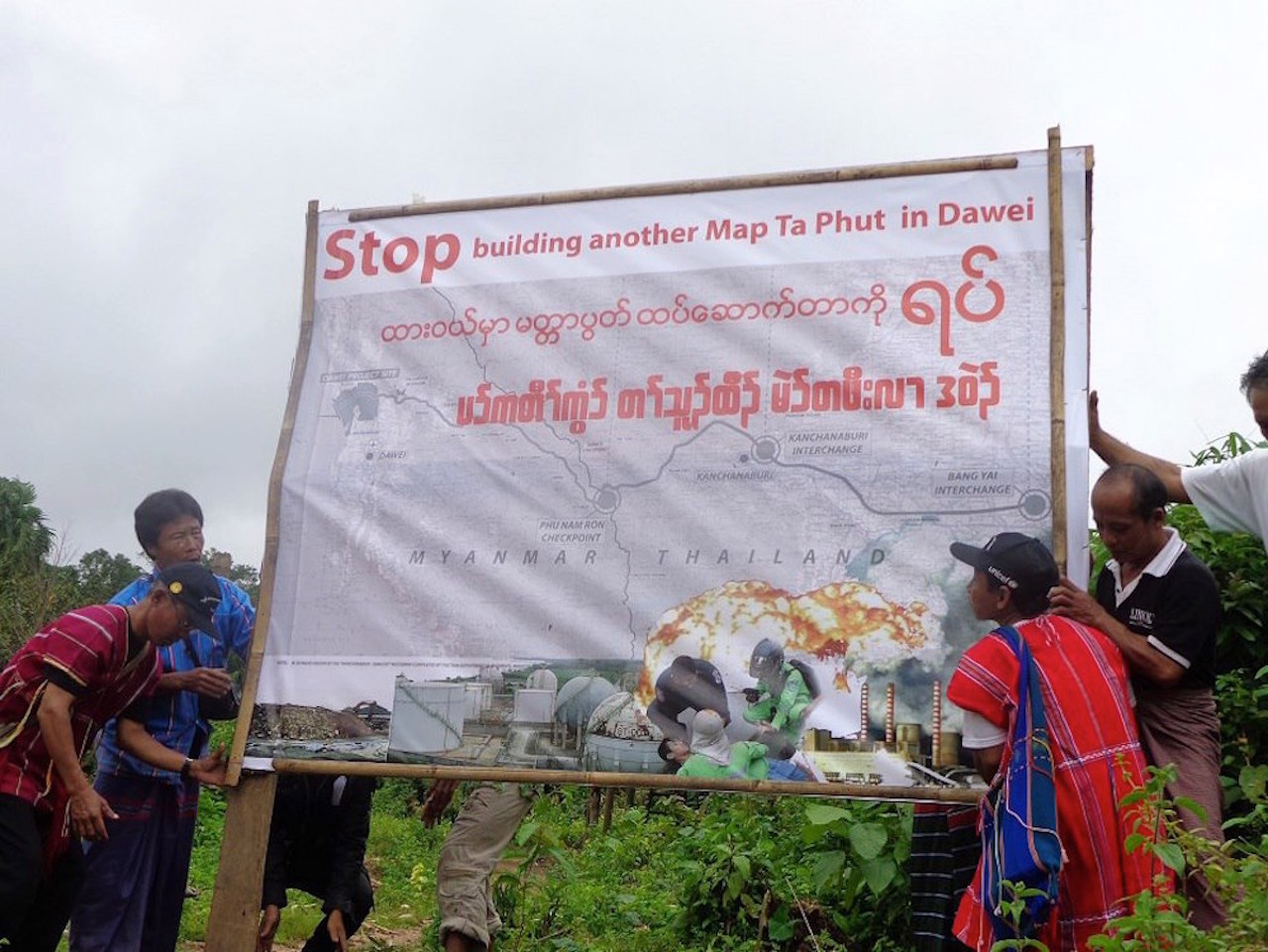Local people and Civil Society Organizations have urged the new NLD government to reconsider the Dawei Special Economic Zone (SEZ) project after it takes office.
Category: Region
Selected environmental stories from media outlets in the Mekong region and beyond.
Deforestation Taskforce Files Complaint Against Five Companies
The National Anti-Deforestation Committee (NADC) filed complaints to provincial courts against five companies that obtained economic land concessions (ELCs) from the government after discovering irregularities in the companies’ timber stocks after a three-day inspection.
KNU is outraged that media reports it had signed a MOU with the government to construct a hydropower dam as untrue.
The Karen National Union is outraged that media reports said it had signed a Memorandum of Understanding with the with the government to construct a hydro-power dam as untrue.
CDC revises provision on community rights in draft constitution
Commission added ‘community rights’ in the charter draft and required projects that have impacts on health to do EIA. At the same time, the revised provision also stipulates that the public have the right to file complaints against state agencies if they fail to comply with this charter.
Villagers opposed the building of coal-fired power plant in Krabi province
A large crowd gathered together to protest the government controversial plan to build coal-fired power plant in Krabi province. The villagers welcomed the arrival of members of Thailand’s National Legislative Assembly (NLA) members and symbolic protested Krabi coal-fired power plant by standing in a row holding 50-meter-long banner “No Krabi Coal-Fired Power Plant” in front of the City Hall. Many environmentalists and locals have expressed concerns about the plan, fearing its environmental impacts, which could worsen the security situation in the already volatile Deep South.
Government to distribute state land for the landless
Thai government plans to allocate about 195,000 rai of state land in 47 provinces for landless poor so they will have a land plot to build a living quarter and to make a living. Government spokesman said that the government intends to narrow the gap of social disparity by distributing land plots in degraded forest, public land, land for land reform project to the landless poor.
Thai junta slashes EIA procedures on state projects
The Thai junta enacted a new order to cut short the process to conduct Environmental Impact Assessment on mega project constructions.
On Tuesday, 8 March 2016, the public website of the Royal Gazette published the latest order of the National Council for Peace and Order (NCPO), Order 9/2016.
The title of the NCPO’s Order 9/2016 reads ‘Additional Laws on Promotion and Protection of the Quality of Nation’s Environment’
The order was authorised on Monday by Gen Prayut Chan-o-cha, the junta leader and Prime Minister, who invoked authorities under Section 44 of the Interim Constitution which gives the regime absolute power, to enact it with immediate effect.
Massive Dawei Corridor Set to Span Four Nations
Some 196 square kilometers along Myanmar’s west coast is slated for transformation into a deep sea port and industrial estate unrivaled anywhere else in the region.
No Need for Avatar Imagination
Last December, young community leaders from the Mekong states and a delegation from the Bertha Foundation network were invited by EarthRights International on a 4-day field trip in northern Thailand. We were hosted by villagers who have for decades peacefully resisted the construction of a dam that would have them expelled from their ancestral land.
Civil society steps up Dawei SEZ campaign
A civil society group has published a comprehensive report on mistakes made by the developers of a highly ambitious project in Dawei in the hope the new government will address their concerns before allowing the project to continue.
The report urges the project’s Thai and Japanese investors to resolve problems affecting local communities before they continue building the special economic zone and deep-sea port in Tanintharyi Region.
Published on March 7 it outlines a range of issues dating back to the zone’s inception in 2008. The recurrent theme is a lack of transparency, dialogue or compensation based on the developers’ lack of respect for local communities and its reluctance to engage.


